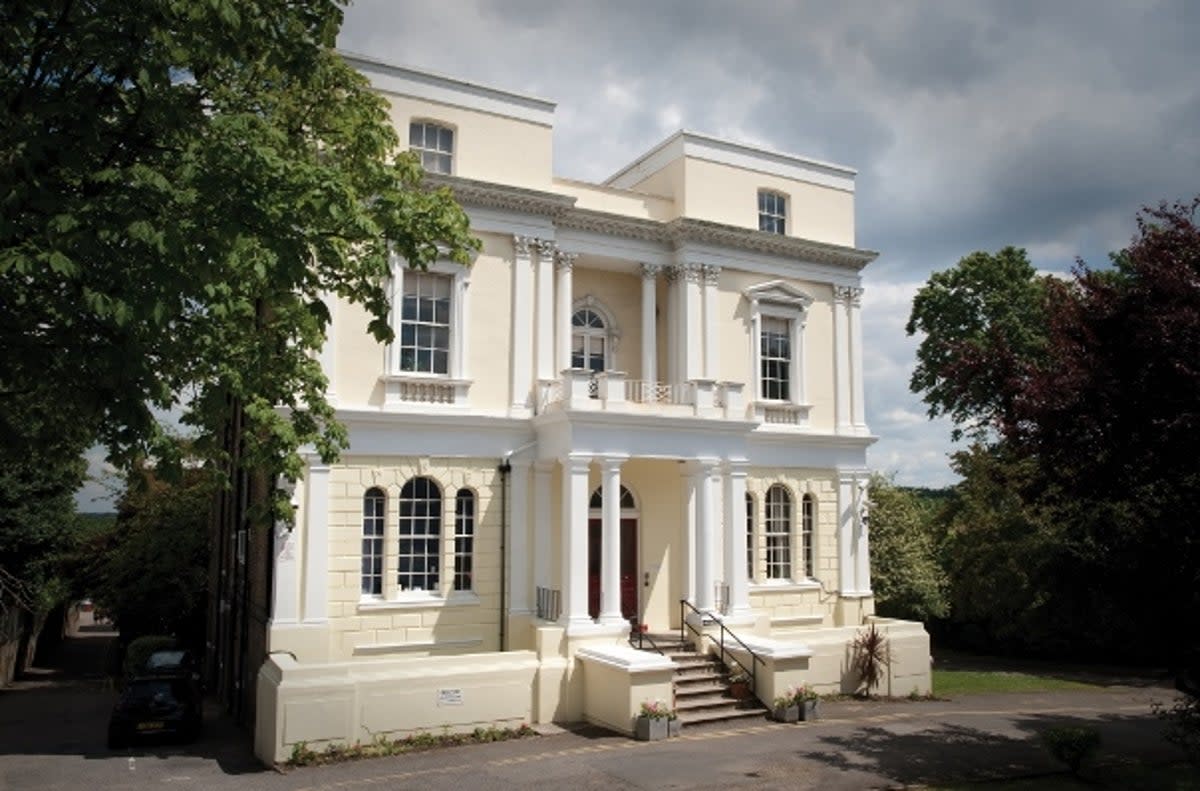Historic Lambeth girls school closing due to shortage of pupils saved for educational use

A London girls’ school that is closing after more than 300 years will be turned into a therapeutic centre for vulnerable pupils, it has been revealed.
St Martin-In-The Fields High School for Girls in Lambeth, which was established in 1699, will close in the summer due to lack of pupils.
But its Tulse Hill site has been saved for educational use, and will be turned into a centre dedicated to helping pupils who are not in mainstream education. It will offer respite care, mental health and disability support and education.
It comes as increasing numbers of schools across London are closing down due to an exodus of families from the capital.
Campaigners fear empty school buildings could be sold off for commercial use - even though demand for London schools is expected to increase in the future.
But it has emerged that the St Martin’s school site will be retained and run by the Oasis charity to continue to serve young people.
Reverend Steve Chalke, founder of Oasis, said: “From September it is going to be a giant therapeutic centre working with schools in the area.
“They will nominate children and their families who are at risk of falling through the net and falling out of school, or just off-rolling altogether.
“We will work with them to provide supplementary education, a meal and the opportunity for sport and music.”
Oasis will work in partnership with Crystal Palace football club which will provide mentoring, and the centre will mostly work with children of primary and early secondary school age.
Reverend Chalke said: “Any primary teacher in the country can tell you the four or five kids in their class who are most at risk of exclusion, truancy or falling through the net.
“The point is to begin with them and their families early. Early intervention means they don’t end up on a CAMHs (child and adolescent mental health) waiting list.”
Archbishop Thomas Tenison founded St Martin-in-the-Fields High School as one of the UK’s first girls’ schools. He was considered radical at the time.
The foundation trust that governs the school said the plans to develop the site reflect his original vision.
In a statement it said: “The Foundation Trust is committed to ensuring that the site’s future use will carry forward the St Martin’s name, be Christian in its identity, benefit under-served girls, and thus keep its impressive legacy alive.
Reverend Dr Samuel Wells, Vicar of St Martin-in-the-Fields Church and Vice-Chair of Governors of the High School for Girls said: “Though we accept the existence of the school in its current form is coming to an end, we want its legacy to continue for many generations to come. In forming a partnership with Oasis, we are seeking to build for St Martin’s a future worthy of its past – an institution that will continue to serve girls who need and deserve high-quality pastoral and educational support.”
He added: “Just as Thomas Tenison did a remarkable thing in 1699 by investing in girls, who at the time were regarded as of no account, so today we are seeking to do a remarkable thing by investing in all young people who have not been able fully to benefit from mainstream education. My fellow governors and I have every confidence that the future of St Martin’s, led by Oasis, will thus honour its extraordinary legacy.”
The Tulse Hill secondary school is currently only open to GCSE and A-Level students and will close in August.
It had looked into taking male pupils or merging with another school in a bid to survive. But headteacher Josephine Okokon said these options “could not overcome the fundamental issue of falling pupil numbers that we are facing in Lambeth.”
Many other London schools are struggling with the same problem of falling pupil numbers due to a combination of a falling birth rate, Brexit, soaring living costs, lack of housing and a post-pandemic exodus to the countryside.


